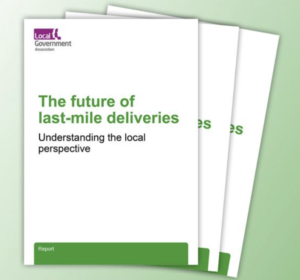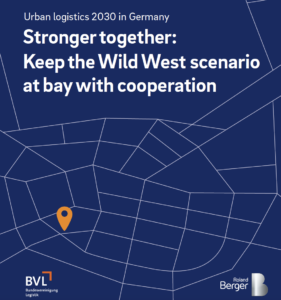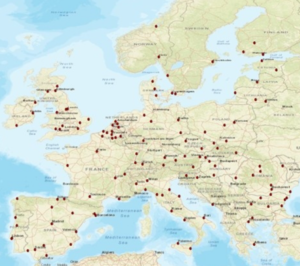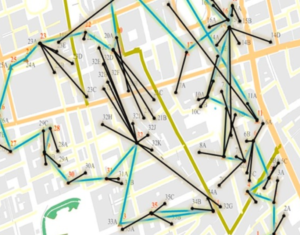ITF: how governments can bring low-emission trucks to our roads
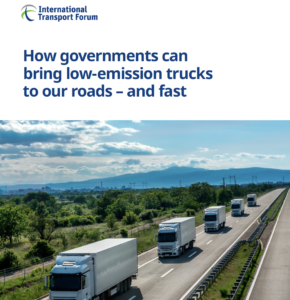
Nearly three-quarters of CO2 emissions from freight transport stem from heavy diesel trucks, presenting a significant challenge in transitioning to sustainable fuels for this vehicle category. A recent report by ITF examines emerging technologies that can potentially reduce emissions from road freight. The report outlines a strategic approach for governments to identify and support technologies deserving …

